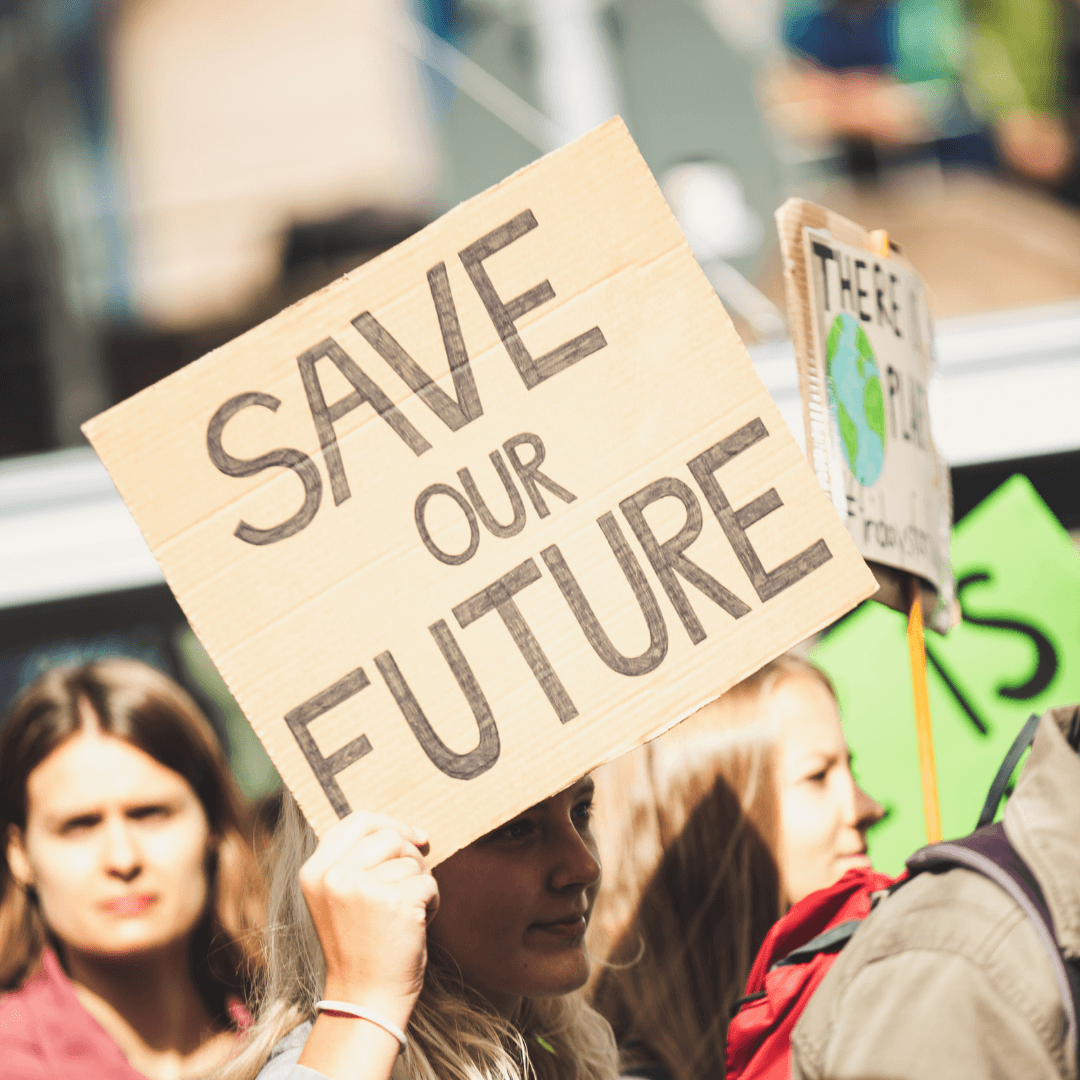
Women’s leadership takes many forms, but one of the most important contributions women can make today is to face our environmental challenges head-on. That’s why for International Women’s Day, we want to celebrate women leaders of this generation and past generations for their courage to take a stand on environmental issues.
Today’s up and coming environmental leaders
1. Greta Thunberg
2. Alexandria Ocasio-Cortez
New York House Representative Alexandria Ocasio-Cortez has made a mark as the youngest congress member at age 29 and one of the few politicians who campaigned as a member of the Democratic Socialists of America. She and Senator Ed Markley (D-MA) have proposed the Green New Deal resolution, which lays out the only comprehensive plan to transition to renewables within ten years. This plan responds in part to the urgent warning issued by the UN Intergovernmental Panel on Climate Change (IPCC) which states that we have 11 years to stay within a 1.5C degree atmospheric temperature rise.
3. Brinkley Davies 
4. Wasfia Nazreen
A National Geographic Adventurer and Explorer, Wasfia Nazreen is the first Bangali to climb the Seven Summits, the highest mountains on all seven continents. She is an activist and promoter of women’s empowerment through outdoor adventure.
5. Kelsey Juliana
Twenty-two year-old climate activist Kelsey Juliana and 20 other young people from the organization Our Children’s Trust filed a prominent lawsuit against the U.S. Government in 2015 known as Juliana v. U.S. It asserts that the government has violated fundamental human rights by enabling a high concentration of carbon dioxide to accumulate in the atmosphere. This case gained national attention when U.S. District Court Judge Ann Aiken denied fossil fuel industry’s intervening effort to request that the case be dismissed. The case has yet to go to trial.
Legendary environmentalists whose legacies continue to inspire
1. Rachel Carson
Considered one of the catalyzers of the environmental movement, scientist Rachel Carson published her groundbreaking work, Silent Spring in 1962, and it has left a huge impact on how we view man-made chemical compounds in the environment today. The book highlights the devastating impacts that insecticides and chemicals have on the interdependent relationship of species within an ecosystem. Her work helped contribute to the banning of the insecticide DDT in 1972.
2. Jane Goodall
3. Wangari Maathai
A recipient of the 2004 Nobel Peace Prize for contributing to sustainability and democracy, professor Wangari Maathai is the founder of the Green Belt Movement. She created the movement to help rural women who depended on environmental resources for their livelihoods to work in community organization meetings to simultaneously empower people in poverty and promote environmental conservation.
4. Vandana Shiva
A world-famous agroecologist, eco-activist and author, Dr. Vandana Shiva has consistently challenged the aggressive seed patenting and genetic modification policies of the multinational corporation Monsanto in her home country of India and abroad. Shiva’s work promotes the value of rural women, indigenous knowledge, and biodiversity for the planet and for a sustainable food system.
5. Naomi Klein
Well-known author and journalist Naomi Klein has written numerous bestselling books, such as This Changes Everything: Capitalism vs. the Climate (2004), that highlight the importance of transitioning to a renewable economy. She has consistently promoted awareness of climate change as a member of the Board of Directors of 350.org and a guest speaker for the Pope at the Vatican on climate change.















